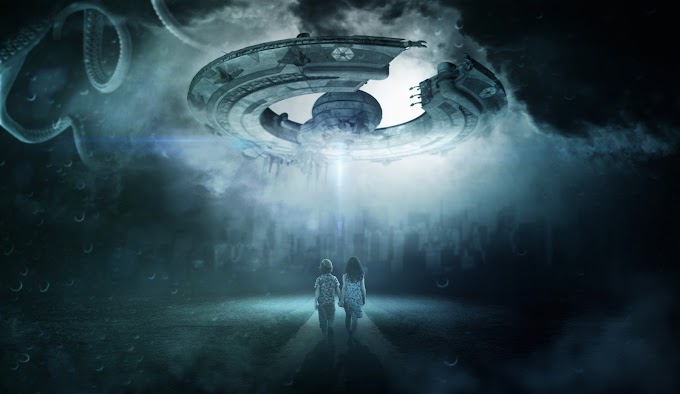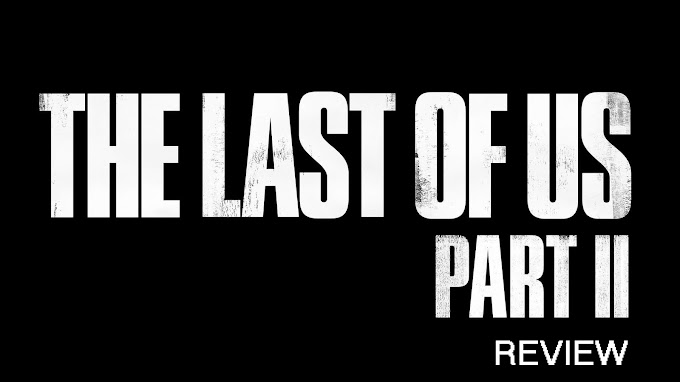What if I tell you that Humanity is fighting a war. It is a global war-a war that has raged since our ancestors took their first steps. Surprising right? This war may never end. This war has no borders, no treaties, no ceasefire. Our enemy is invisible, immortal, always adapting-and testing our defenses for weakness.
It strikes when we least expect it. It attacks any person, of any race, or religion. And our immortal enemy might be right beside you. Inside you. Inside me. That enemy is the pathogens that each and every one of us carries.
For the most part, there is an uncomfortable equilibrium with bacteria and viruses, both those inside of us and outside in the natural world. But every now and then, the war reignites. An old pathogen, long-dormant, returns. A new mutation emerges and pandemics we confront. They are battles we fight.
Around the world, the disease is the one enemy that unites us all. When a pandemic occurs, we come together in a single, species-wide cause. Most of the time we have lost the battle. They are the dark times when the human race died en masse. When our population shrank. When we cowered and waited.
 |
| Drawing of Antonine Plague in the 3rd century. Photo: ALL That's Interesting |
The above image is from third-century Europe. The Antonine Plague wiped out a third of Europe's population. And just when population levels were starting to recover, the Plague of Justinian in the sixth century killed almost half of Europeans.
In the 1340s, the Plague once again remade Europe. The world population at that time was around 450 million. The Black Death killed at least 75 million. Some estimates go as high as 200 million. Now just imagine, twenty to fifty percent of the world population dying in just four years.
Human history has a repeating theme: we battle pandemics, we lose, we die, it burns itself out, and we rebuild. We always come out the other side stronger and more experienced. Humanity marches on.
But the question is have we learned anything from Past?
Looking at today's situation, the climbing numbers of COVID-19 cases suggest otherwise.
I mean, for a country like the USA, which is so rich in resources, why is it among the worst hit?
Coming back home, India is also not doing so great itself.
The number of new coronavirus cases in India has more than doubled over the past 20 days, with more than two-thirds of total cases reported in June alone.
COVID-19 is an addition to the list of epidemics that have brushed India over the last two centuries. The techniques adopted for the diffusion of pandemics in modern history vary with changing times, depending on factors such as public health responses, social interactions, travel patterns within cities and across countries, and characteristics of the pathogens themselves.
India’s history with epidemic breakouts can be traced as under
Let's talk about today's situation. I believe we have the technology, we have the social structures, we have the political structures to manage this effectively in a global way so that we can be protected against a second wave, even if it’s bad, even before a vaccine. That’s something we’ve learned through HIV, TB, and malaria. If you get in there and work together, you can actually prevent catastrophe.





0 Comments